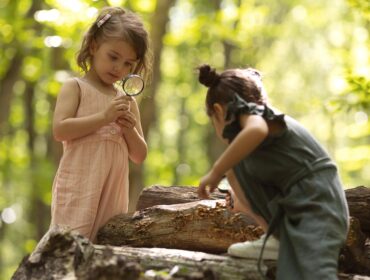Editor’s note: This is the first of a two-part series exploring the ethics and arguments surrounding animals kept in zoos. Today covers arguments against zoos, check back tomorrow for arguments in favor of zoos.
There are many arguments against zoos in today’s world that bring about a moral dilemma for any free thinking individual. The most popular of these arguments against zoos is that, quite simply, zoos are unnatural. What living, sentient being would want to live in a small, artificial habitat for the rest of its life?
Arguments Against Zoos: Animal Rights
Many wildlife activists have argued that each living creature has a set of undeniable rights just like humans do. By containing an animal away from its natural habitat, it is stripped of its basic right to freedom and liberty. The freedom taken away from these animals, whether injured, endangered, or perfectly healthy, is not humanity’s right to jeopardize.
Simply being endangered or injured does not mean that an individual life has fewer rights than any other. Additionally, removing animals that are endangered from the wild only endangers the species further.

Arguments Against Zoos: Quality of Life
Another one of the many arguments against zoos is that the animals are not living fulfilling lives. This lack of fulfillment leads to many suffering psychological distress. Animals kept in captivity, whether they are bred there or not, suffer from multiple mental problems including boredom, confinement disorders, and general stress. This stress is made worse by captive breeding that inevitably occurs as zoos attempt to bring in more visitors.
Arguments Against Zoos: Overpopulation

Baby animals are a major attraction for all zoos, but when zoos take advantage of this fact, it can lead to over population of a certain animal, making it necessary to reduce the number of adult animals.
While zoos sometimes sell their surplus to other zoos, other methods of population reduction in zoos include selling the animals to circus rings and hunting facilities, as well as going so far as to having them euthanized, none of which are humane for the animal.
Regardless of the method of disposal, most animals are “pack-minded” in much the same way humans are. As can be seen in the flaccidity of orcas’ dorsal fins that is only ever witnessed when they are depressed, in captivity, and away from their families, animals have a sense of connectedness with each other.
When an animal’s babies, mothers, and even significant others are ripped away from them for any reason, many animals simply cannot move on, remaining stressed, anxious, and depressed for the remainder of their lives.
Animals have feeling, emotions, and a capacity for love. They have basic rights, and it is an audacious task for any human to take that away from them for any reason.
Related article: Nature in Captivity: Arguments in Favor of Zoos
Featured Image from Omar Ram/Unsplash




